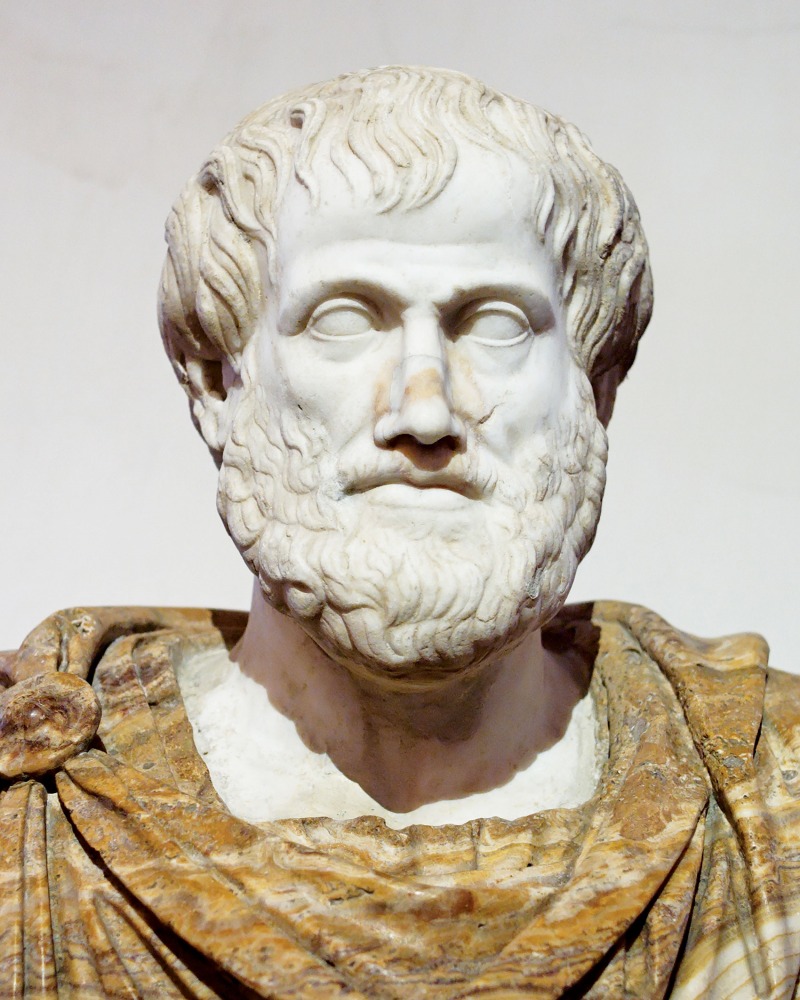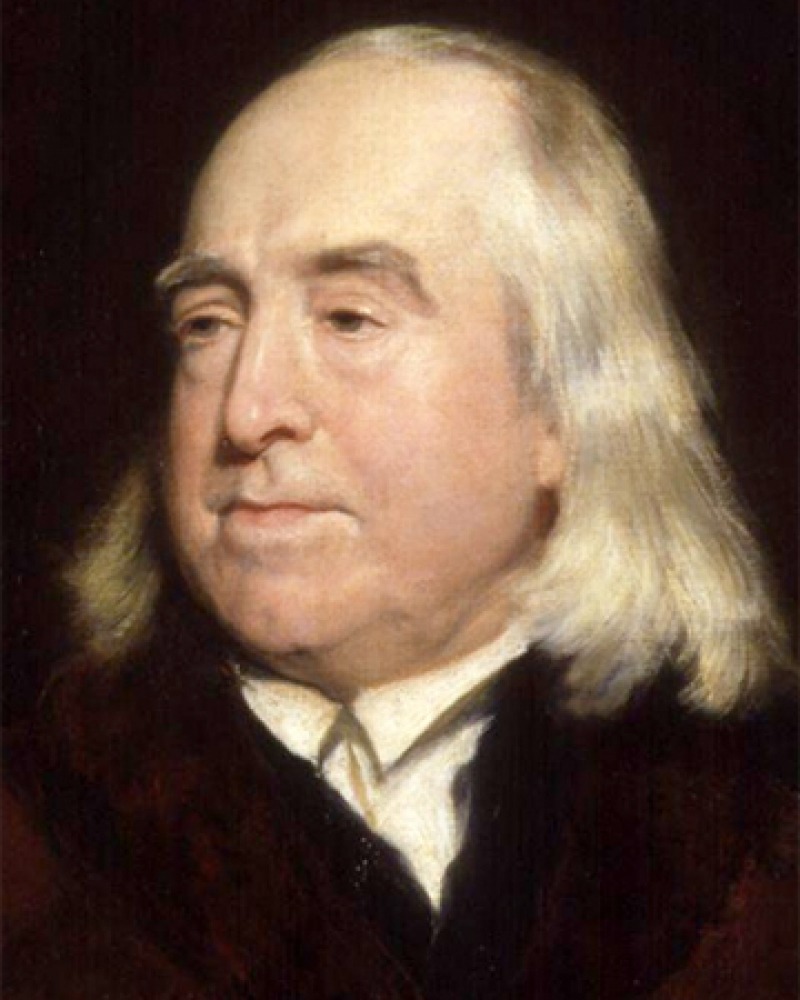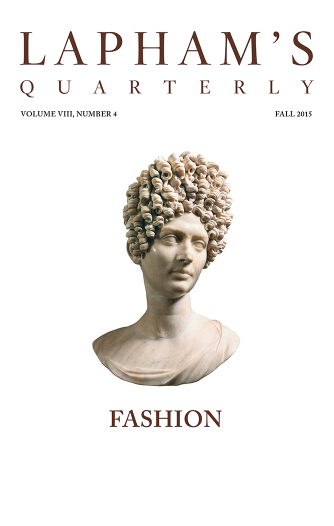
Aristotle
Politics,
c. 330 BC
Politics,
The acquisition of goods is then, as we have said, of two kinds: one, which is necessary and approved of, is to do with household management; the other, which is to do with trade and depends on exchange, is justly regarded with disapproval, since it arises not from nature but from men’s gaining from each other. Very much disliked also is the practice of charging interest; and the dislike is fully justified, for the gain arises out of currency itself, not as a product of that for which currency was provided. Currency was intended to be a means of exchange, whereas interest represents an increase in the currency itself. Hence its name tokos (“offspring”), for each animal produces its like, and interest is currency born of currency. And so, of all types of business, this is the most contrary to nature.



